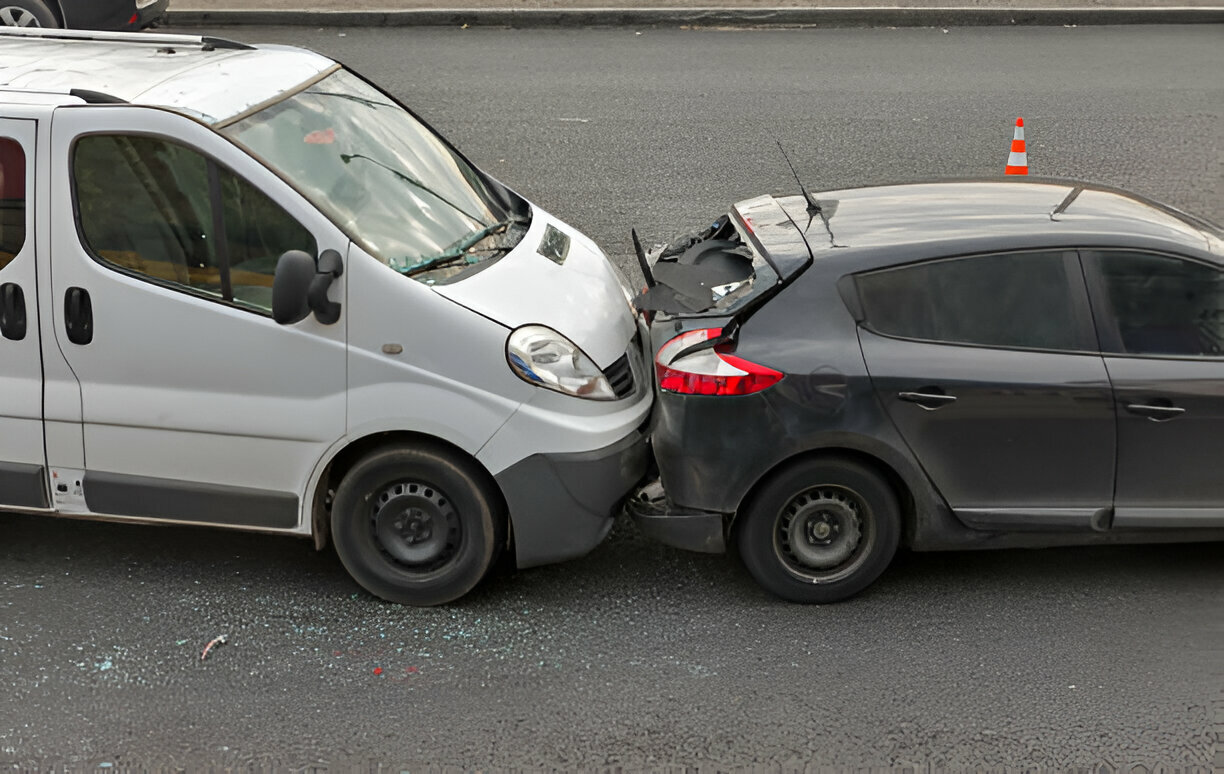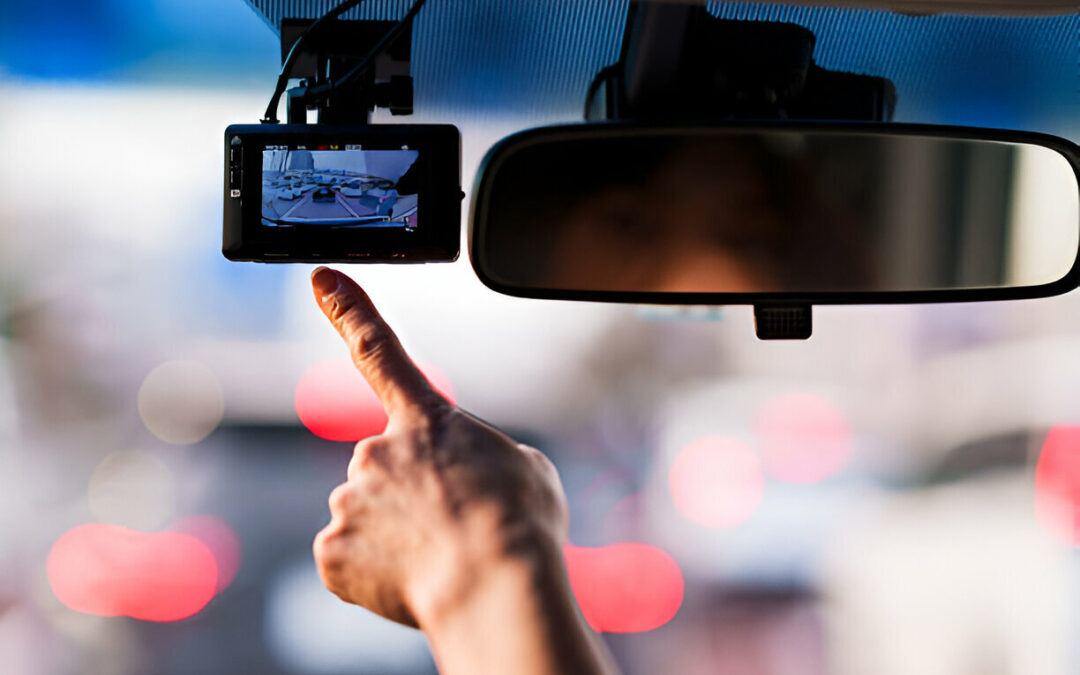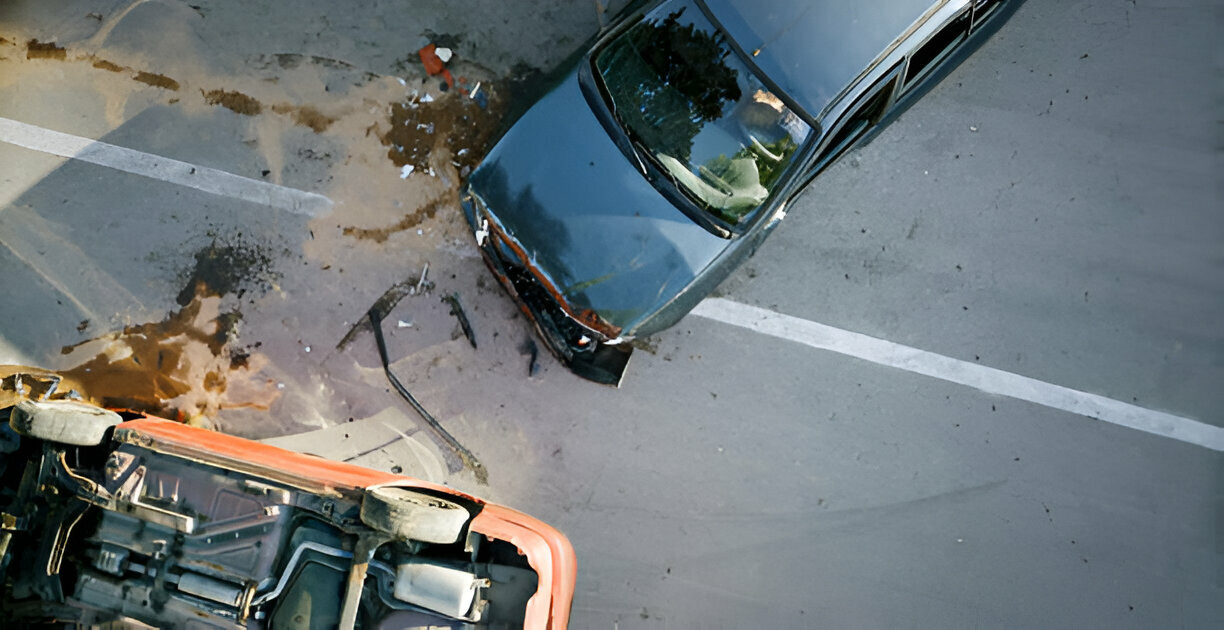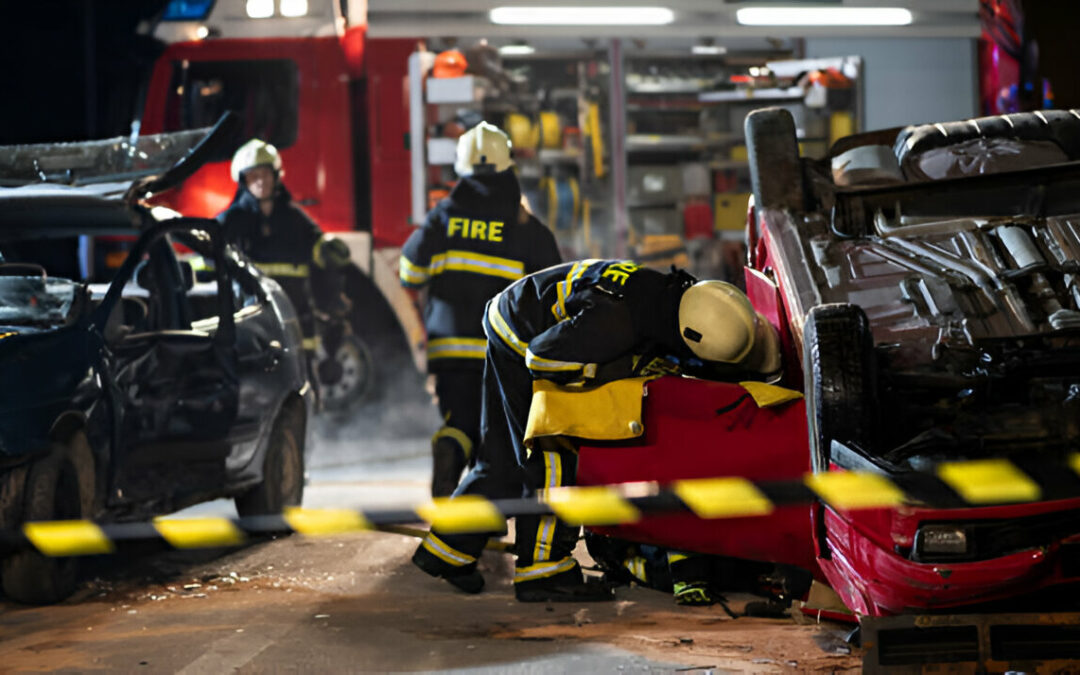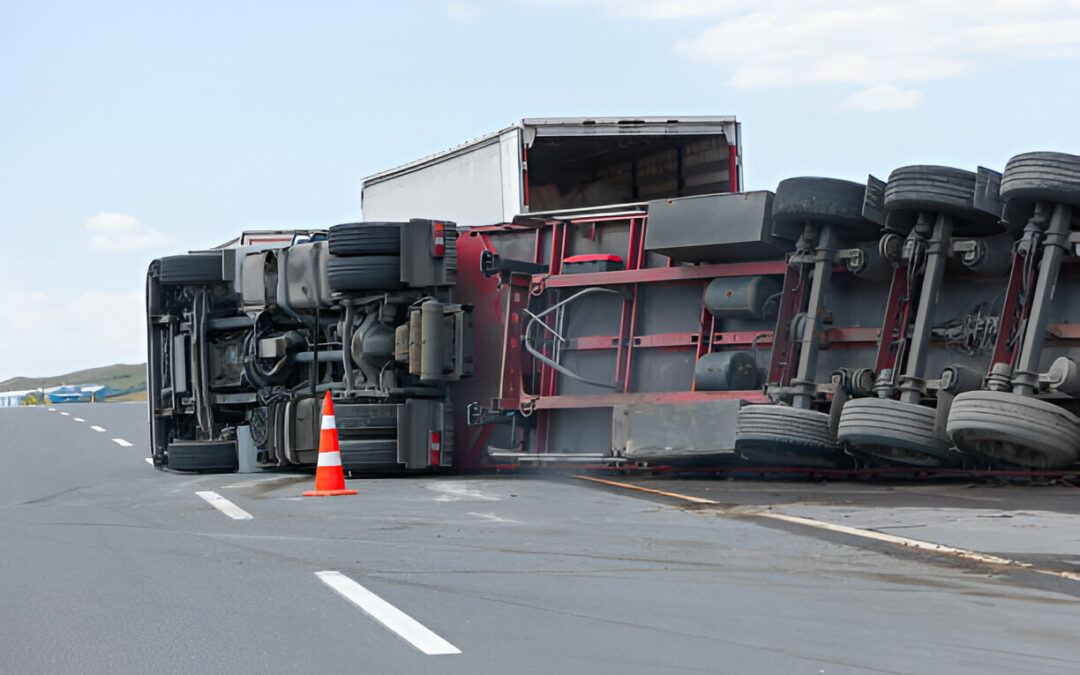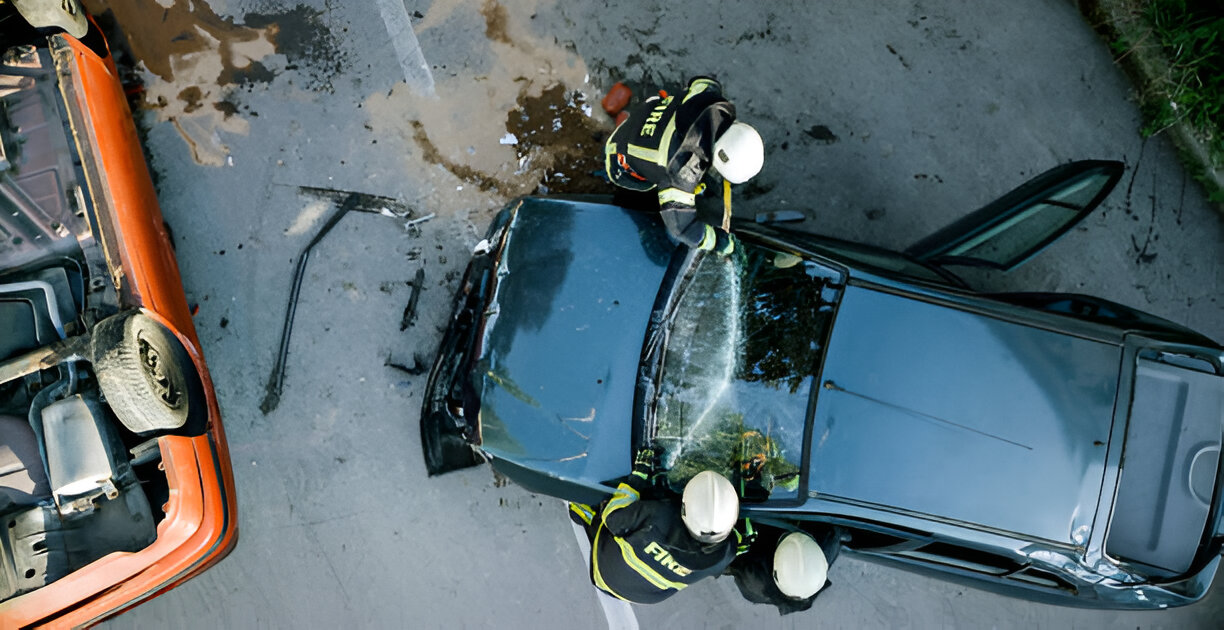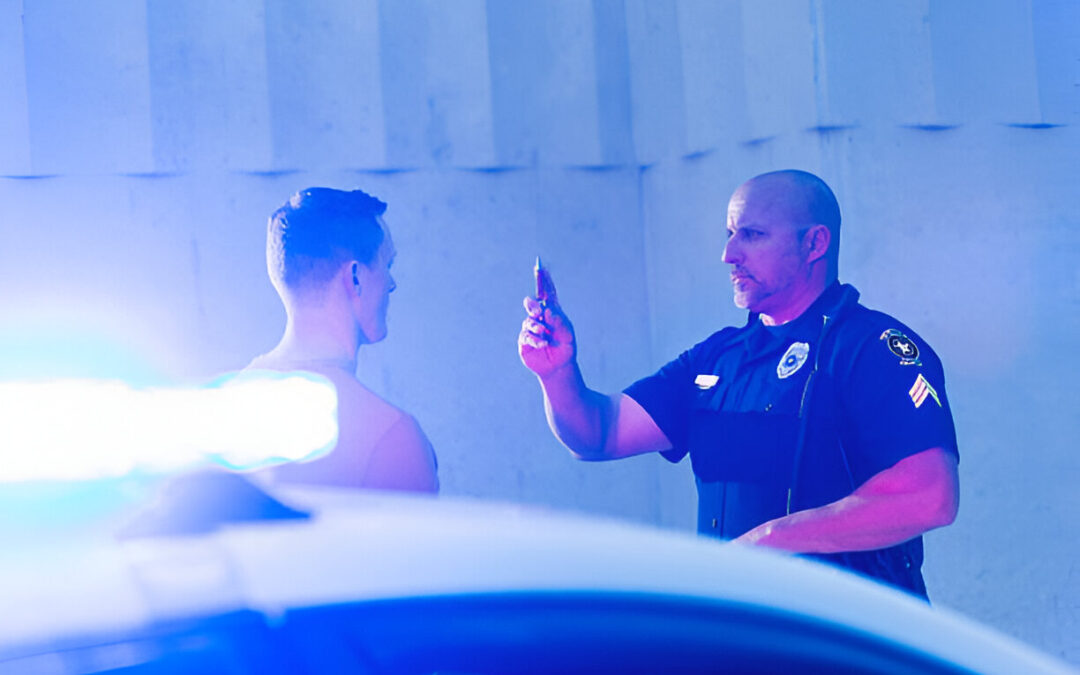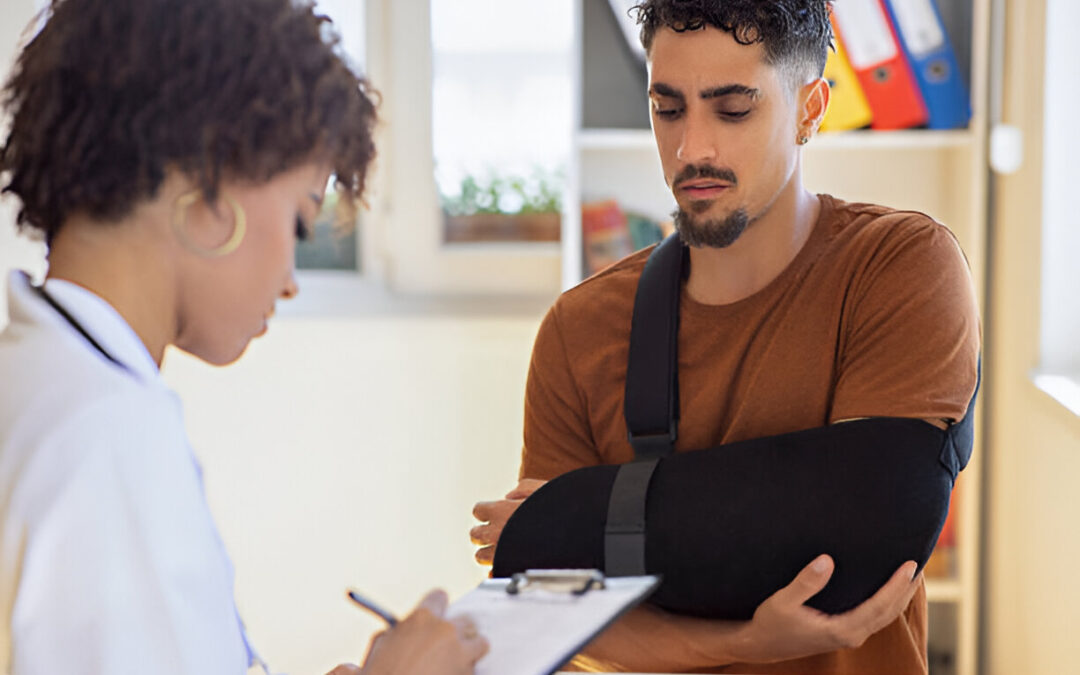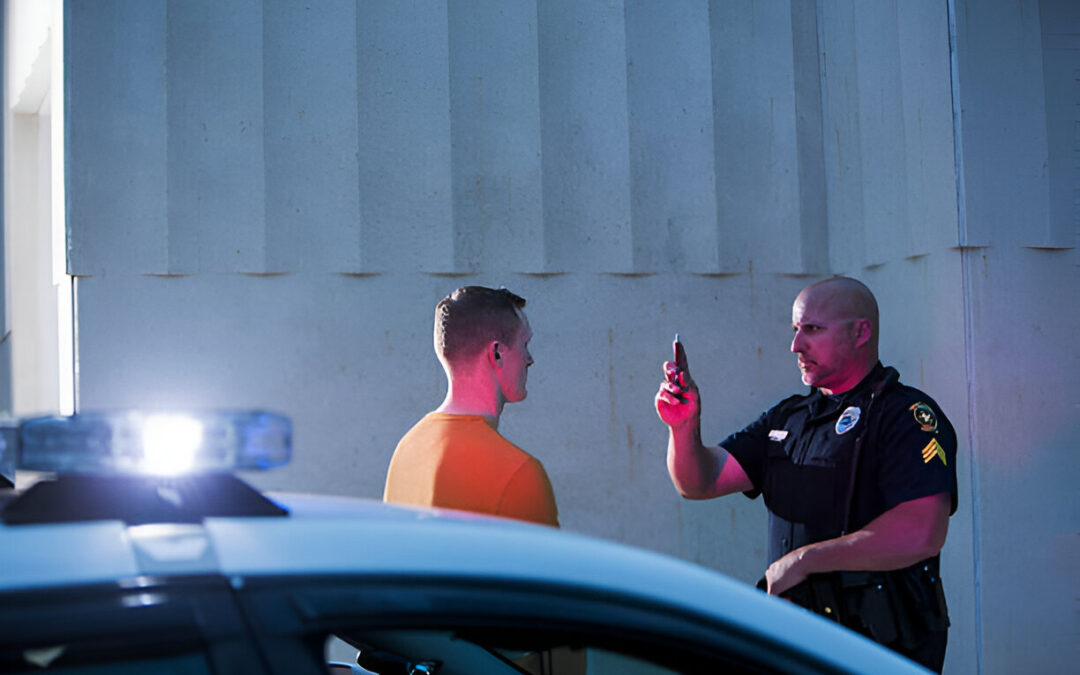Car accidents happen suddenly and unexpectedly, leaving us bewildered and often scrambling to determine fault. One common scenario is when a driver finds themselves in a situation where they rear-end someone who stops suddenly. But who is to blame in such a situation? Is it always the driver in the rear position? Let’s delve into the complexities of these accidents and understand the nuances of liability.
Who is Liable for a Car Accident Where a Driver Suddenly Stops?
If you find yourself in the rear position of a rear-end accident, the presumption of negligence might be cast upon you. However, this doesn’t automatically make you responsible for the crash. You have the opportunity to convince the court that the other driver was at fault, especially if they stopped suddenly. Here are some circumstances where the fault might lie with the other driver:
- Sudden Stop Without Reason: The driver ahead stopped abruptly without any apparent cause.
- Brake Rage: They slammed on the brakes out of road rage.
- Brake Checking: The driver deliberately hit the brakes sharply to make you collide, possibly as a response to alleged tailgating.
- Malfunctioning Brake Lights: The brake lights of the other vehicle were not working, failing to warn you of the sudden stop.
- Intentional Accident: In extreme cases, the other driver might have stopped abruptly with the intention of causing an accident for insurance fraud.
Gathering evidence is crucial to supporting your case. This could include the police accident report, statements from witnesses, photos of the accident scene, vehicle damage assessment, and surveillance camera footage, if available. Additionally, accessing the other driver’s vehicle’s event data recorder (EDR) could provide valuable insights into their actions before the collision.
It’s essential to note that sudden stops can happen due to various reasons, including mechanical failure, medical emergencies, or unexpected road hazards. While it’s easy to assume fault based on being the rear driver, a comprehensive investigation is necessary to uncover the true cause.
More: 5 Rear-End Collision Injuries to Watch for after an Accident
Can Both People Be at Fault?
Both parties involved in the accident might share the blame in certain circumstances. Even if the driver ahead stopped abruptly, you might be deemed partially responsible for not avoiding the collision. This concept is particularly relevant in jurisdictions like Florida, where the doctrine of “modified comparative negligence” is followed.
Under this doctrine, if both parties are found to be at fault, the jury assigns a percentage of liability to each party. Any compensation awarded to the plaintiff is then reduced according to their share of fault. However, if the plaintiff is found to be more than 50% at fault, they may not be entitled to any damages.
Who is Typically Responsible in a Rear-End Car Accident?
In most cases, the vehicle’s driver at the rear is considered at fault in a rear-end accident. In Florida, following too closely violates traffic law, establishing a legal duty to maintain a safe following distance. This legal obligation underscores the presumption of negligence on the part of the following driver in rear-end accident cases.
However, it’s essential to consider mitigating factors such as weather conditions, visibility, and sudden external events that might contribute to the accident. For instance, if the driver ahead made a sudden stop due to a fallen tree branch or an animal crossing the road, their actions might be deemed reasonable, shifting the blame away from them.
Contact our Experienced Car Accident Lawyers in Florida & Illinois
Navigating the complexities of car accident liability can be daunting, especially when facing legal proceedings. If you’re in Florida or Illinois and find yourself in such a situation, Pacin Levine, P.A. is here to help. Our dedicated legal team possesses the expertise to evaluate your case meticulously, considering the circumstances of the rear-end collision, and advocate for your best interests. Contact us at (305) 760-9085 or 1-800-24-7-CRASH (2727) for a free case consultation!


